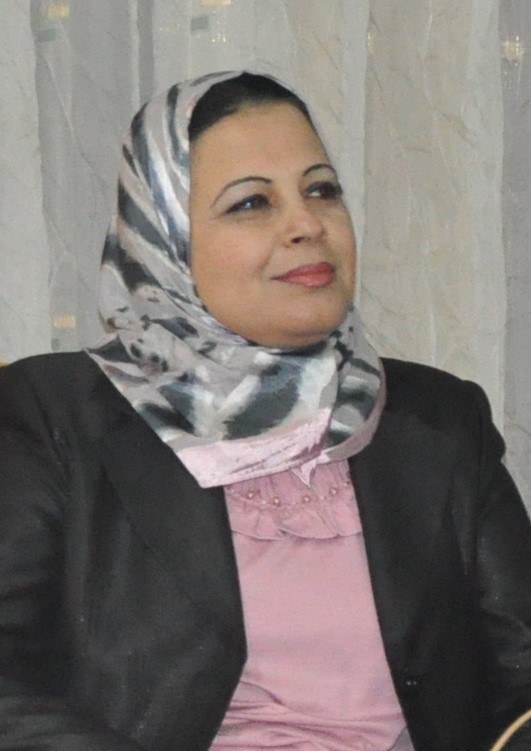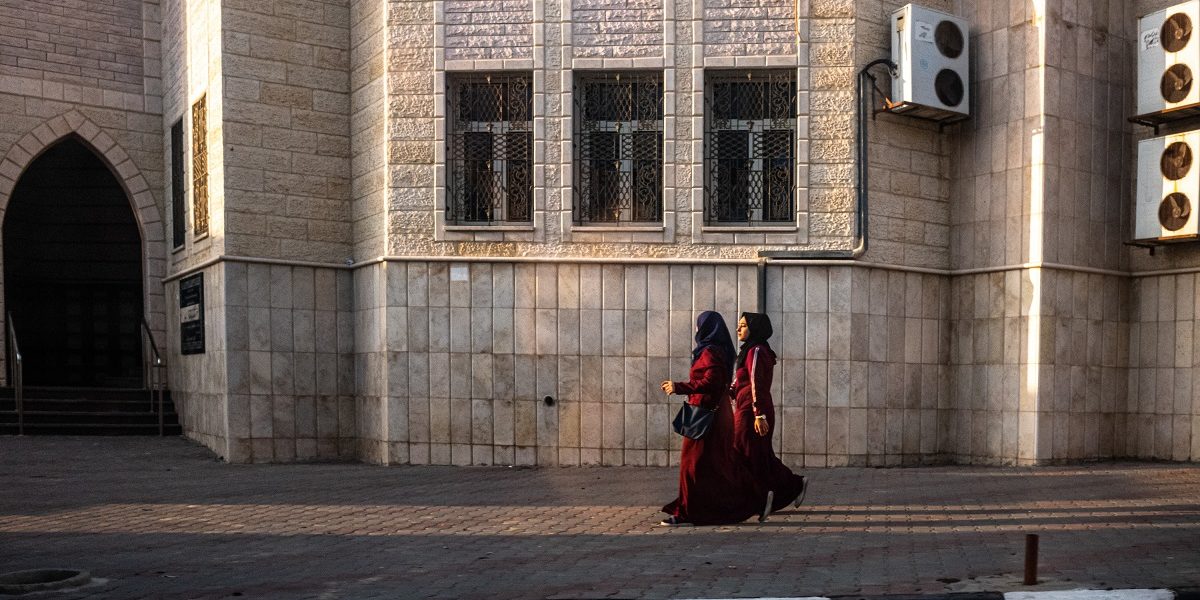Palestinian women in the Gaza Strip live in difficult conditions as a result of the deteriorating internal political, economic, and social conditions under the offenses of the ongoing occupation, the Palestinian division, and the imposed siege on the Gaza Strip. Living conditions under occupation are exacerbated for women under the prevailing patriarchal culture and the Palestinian laws that leave women exposed to violence and discrimination.
In 2006, the Israeli occupation imposed a crippling siege on the Gaza Strip as a collective punishment for civilians after Hamas won the legislative elections, which constitutes a violation of all international treaties and conventions and which is still in force 14 years later. The United Nations and its Member States have not sufficiently pressured Israel to comply with Public International Law. The siege coincided with the Palestinian political division between the West Bank and the Gaza Strip that took place on 14 June 2007.
During this 14-year siege, Israeli forces also launched three military offensives on the Gaza Strip in 2008, 2012, and 2014. Nearly 4000 Palestinians were killed, including nearly 500 women, and thousands were injured. Furthermore, thousands of homes were demolished, and families were forcibly displaced. A lot of these homes still have not been rebuilt.
Two million Palestinians live in 365 km2, which was classified as an uninhabitable area according to a report by the United Nations in 2012 entitled “Gaza in 2020… A Livable Place?”. More than 80% of the population subsists on humanitarian aid. The unemployment rate in the Gaza Strip has reached 52%, of whom 75% are female. Women’s participation rate in the labor force in the Gaza Strip does not exceed 20%, and 21% of married women were married before the age of 18.
The poor economic and social conditions in the Gaza Strip constitute a fertile environment for the increasing rates of gender-based violence against girls and women in Palestinian society. The results of the 2019 Violence Survey indicated that nearly one-third of Palestinian women are subjected to violence, of which 38% are in the Gaza Strip. Moreover, 16 women were killed this year, from January to October, for various reasons, including so-called “Honor Crimes”. The Israeli siege and crossings closure prevented hundreds of women from traveling to complete their studies and receive treatment abroad, especially cancer patients.
The pandemic worsened the conditions of women in the Gaza Strip, since women are always more burdened during social crises. The virus spread in the unlivable Gaza Strip among a dilapidated health system as a result of lack of devices, equipment, and medicines.
The State of Palestine declared a state of emergency on the fifth of March and the de-facto government in Gaza has taken a series of precautionary measures to limit the spread of the virus. However, most of the interventions did not address the social reality, of which the direst issue is gender-based violence, despite high rates of violence during the pandemic. In the Gaza Strip, emergency committees were formed without real participation of civil society organizations and with no presence of women.
The movement restrictions affected the economic situation of women and their families. Many women lost their jobs, especially part time contract holders, daily workers, and kindergarten workers. 98% of women-led small businesses in the Gaza Strip have halted operations, and women entrepreneurs are put in a real dilemma, especially those who are the breadwinners of their families (Source: Women’s Affairs Center study about the impact of Coronavirus on small businesses in the Gaza Strip).
The pandemic has worsened inequality in the distribution of gender roles, as it has increased women’s domestic burdens and unpaid care tasks. Women take care of children, the elderly, the sick, people with disabilities, and others who need care and attention within the family. They are also responsible for educating their children, especially when schools and various educational institutions are closed. Women are also responsible for caring for people infected with Coronavirus quarantined at home, which increases their risk of infection.
More than 50% of Palestinian families suffer from food insecurity and malnutrition. Under less or no income in families, women and girls are the first affected as families cut down on their food consumption and quality. The worsening economic situation and food security also provokes family tensions that escalate in violence.
The pandemic has increased the incidence of gender-based violence in all its forms and types. A study conducted by the Women’s Affairs Center found that 84% of women stated that they had been subjected to more violence than before the pandemic, not to mention the social stigma and bullying suffered by women infected with the virus.
The closure of the Civic and Sharia courts impeded the course of justice and prevented women victims of gender-based violence from accessing their rights, especially their right to custody, seeing children, alimony, etc.
A large number of women who have contacted us during the pandemic suffer from depression, anxiety, excessive nervousness, severe fear, obsession with following up news, and other psychological and mental disorders.
Women, especially women with [visual] disabilities, have less access to digital infrastructure, and so have less access to crucial information regarding the pandemic, including health and reproduction health services, and even treatment for COVID-19. d
For Palestinian women, the nightmarish circle of violence, sickness, and deprivation continues under a seemingly endless occupation

About the author: Amal Syam is an activist and advocate of women’s human rights and gender equality, a gender trainer, and researcher from Gaza, Palestine. She has held the position of Director of Women’s Affair Center (WAC) since 2009.

